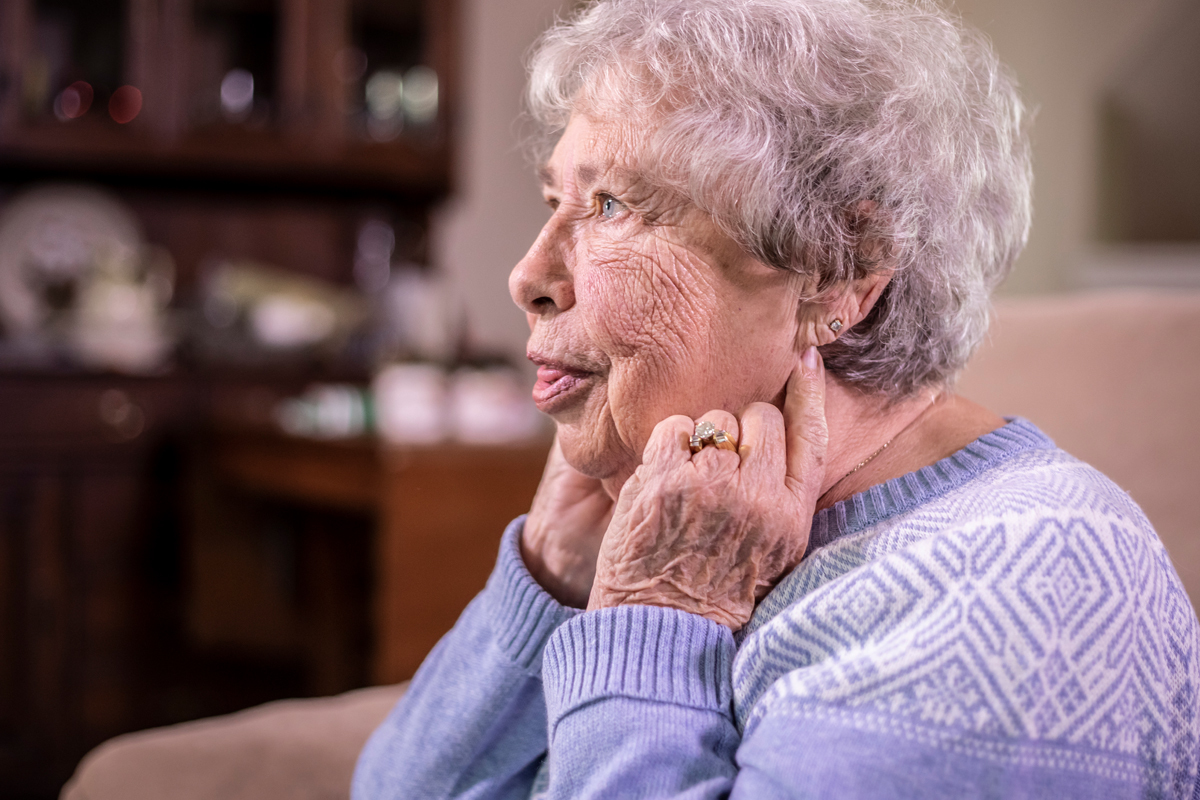It may not be possible to reverse or prevent all the results of aging, but saving your senses and managing the effects of sensory loss could be within reach. Check out these 10 ways to prevent or improve your senses of sight, sound, smell, taste and touch, and stay mobile:
- Find doctors and specialists you trust. Regular check-ups become more important as we age. Staying on top of symptoms with a general practitioner or geriatrician can help pinpoint important changes in sensory loss.
- Eat like your life depends on it. A poor diet can jeopardize health and contribute to a decline in senses. For example, a diet lacking antioxidant vitamins or too much junk food has been linked to cataracts and macular degeneration.
- Stop smoking . . . and other hazardous habits. In addition to being bad for your health overall, your senses could benefit from giving up the smoking habit. Smoking has been linked to loss of all of the senses. What’s more, smoking and drinking could wreak havoc on taste buds.
- Celebrate the sun safely. The sun provides important Vitamin D that can boost our health, but did you know that lifelong exposure to the sun could cause cataracts. Wear sunglasses to protect eyes from the sun’s harmful rays.
- Turn down the volume. Seniors and Boomers grew up with 60s and 70s rock and roll music. If you don’t want to have to turn up the volume as you get older, crank it down now and avoid other loud noises. Take a break from loud noises every 15 minutes and minimize the risk of hearing damage by wearing ear plugs.
- Exercise your sense of smell. Smell begins to deteriorate for older adults, especially after the age of 70, experts say. Some experts believe training can help improve sense of smell. One idea is to smell four to six distinctly different odours such as cloves, roses, lemon and eucalyptus each day over a period of several weeks.
- Keep moving. Exercise has been called the fountain of youth, helping to keep the heart strong and manage conditions such as arthritis. As it turns out, exercise also could improve sight by helping increase blood flow to the eyes, experts note.
- Protect your head and sinuses. Head injuries and sinus infections are leading causes of smell decline, which could also lead to problems with taste. So it’s important to prevent them as much as possible and treat them promptly if they do occur, says Alan Hirsch, M.D., neurological director of the Smell & Taste Treatment and Research Foundation in Chicago.
- Get help when you need it. Consider home care to help mitigate the impact of sensory loss. Assistance at home could keep older adults who are suffering from loss of sight, sound, taste, smell and touch independent longer.
While we may not always be able to stave off all the impacts of aging, there are ways to minimize them. Check out the DIY Ways to Experience Sensory Loss to learn how sensory loss impacts older adults and what you can do about it.
Compassionate Home Care





